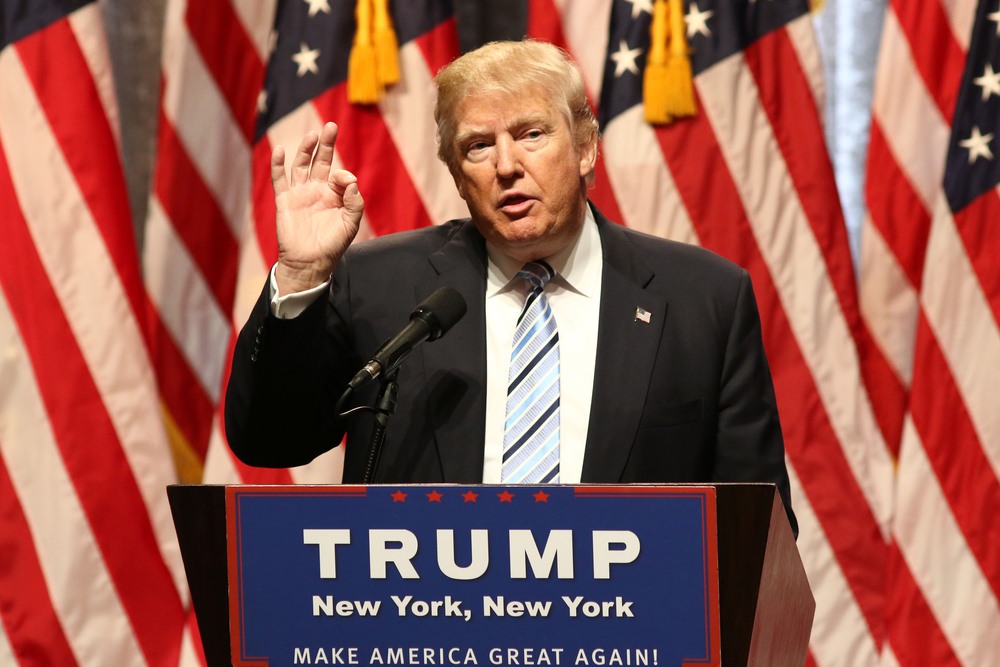Key Takeaways:
- Jeffrey Goldberg, editor of The Atlantic, was accidentally added to a private security chat with Trump’s national security team.
- The chat included discussions about military action against the Houthis in Yemen.
- The mistake happened either due to a wrong number or a misselected contact.
- The incident is serious but not a major scandal because no classified information was shared.
- Critics are hypocritical in their outrage, given past failures in national security under other administrations.
- The Trump team focused on legitimate national security concerns in their discussions.
The Mistake That Sparked a Firestorm
In a bizarre twist, Jeffrey Goldberg, a well-known editor at The Atlantic, found himself in the middle of a private group chat with top members of the Trump national security team. The chat, conducted on the messaging app Signal, was meant for high-level discussions about military action against the Houthis, a terrorist group in Yemen. Instead of including a U.S. Trade Representative or another official, Goldberg was accidentally added to the group.
The chat included major names like Vice President JD Vance, Secretary of Defense Pete Hegseth, and Secretary of State Marco Rubio, among others. They openly discussed whether and how to strike the Houthis, even announcing imminent military action. While this was clearly a mistake, it’s important to separate the error from the hysteria surrounding it.
Why This Isn’t a Major Scandal
First and foremost, this was an accident, not a deliberate leak of classified information. No one intended to share sensitive details with a journalist. Pete Hegseth, the Secretary of Defense, made it clear that the chat didn’t include classified information like names, targets, locations, or military strategies. Without classified information, there’s no criminal activity to speak of.
Second, scandals over procedural mistakes have largely lost their bite in modern politics. Back in 2016, when then-FBI Director James Comey decided not to prosecute Hillary Clinton for her handling of classified emails, he set a precedent. He argued that negligence alone, without intent to harm, wasn’t enough to justify legal action. This same logic was applied to President Joe Biden when he faced scrutiny over classified documents.
When the Department of Justice (DOJ) went after President Trump over similar issues, critics on the right were quick to call it unfair. The takeaway? Procedural mistakes, unless they involve clear intent to harm, don’t carry the same weight they once did.
The Over-the-Top Reactions
Despite the lack of classified information, some critics are treating this as one of the biggest national security failures in history. Susan Rice, a former national security adviser under Barack Obama, called it “the biggest national security debacle that any professional can remember.” That’s a bold claim, especially coming from someone who served during the Obama administration’s handling of the Russian invasion of Crimea and the Biden administration’s chaotic withdrawal from Afghanistan.
These critics seem to have short memories. The Obama and Biden administrations faced far greater foreign policy disasters, such as the rise of ISIS, the collapse of Afghanistan, and the Iran nuclear deal. Comparing those events to an accidental group chat slipping through the cracks is like comparing apples to oranges.
The Real Focus: National Security
While the mistake of including Goldberg in the chat is embarrassing, the content of the discussion itself shows a serious and thoughtful approach to national security. Hegseth explained the reasoning behind the strikes on the Houthis:
“This isn’t about the Houthis. I see it as two things: 1) Restoring Freedom of Navigation, a core national interest; and 2) Reestablishing deterrence, which Biden cratered.”
Michael Waltz, the national security adviser, added, “Whether we pull the plug or not today, European navies do not have the capability to defend against the types of sophisticated, anti-ship, cruise missiles, and drones the Houthis are now using. So whether it’s now or several weeks from now, it will have to be the United States that reopens these shipping lanes.”
These comments highlight a clear focus on protecting American interests and global stability. The discussions were about real threats, not political games or personal agendas.
What Really Matters to Americans
At the end of the day, most Americans care about results. They want to know whether their leaders are taking national security seriously and making decisions that keep the country safe. The accidental inclusion of a journalist in a private chat, while concerning, doesn’t erase the fact that the Trump administration is addressing legitimate threats.
The outrage from critics like Susan Rice rings hollow when they’ve overseen their own share of national security failures. It’s easy to cry foul when you’re on the sidelines, but it’s harder to make tough decisions in the Oval Office.
The Bigger Picture
This incident is a reminder that mistakes happen, even in the highest levels of government. What matters more is how those mistakes are handled. If no classified information was leaked, and the discussions were focused on legitimate security concerns, then the outrage is misplaced.
The Trump administration would do well to learn from this incident and tighten their communication protocols. But for critics, it’s time to focus on the bigger picture. National security isn’t about procedural errors; it’s about keeping America safe.
And that’s exactly what this administration is trying to do.
